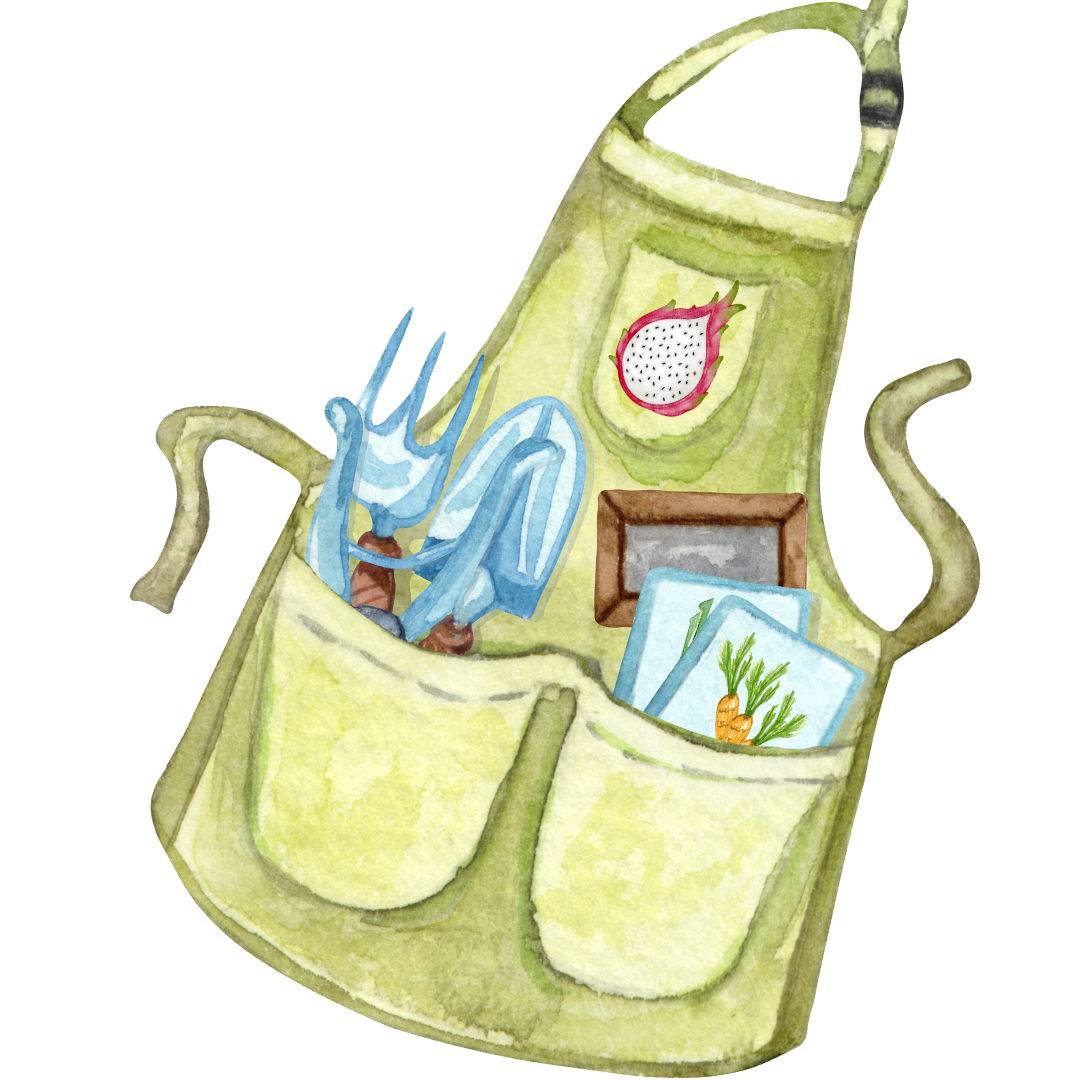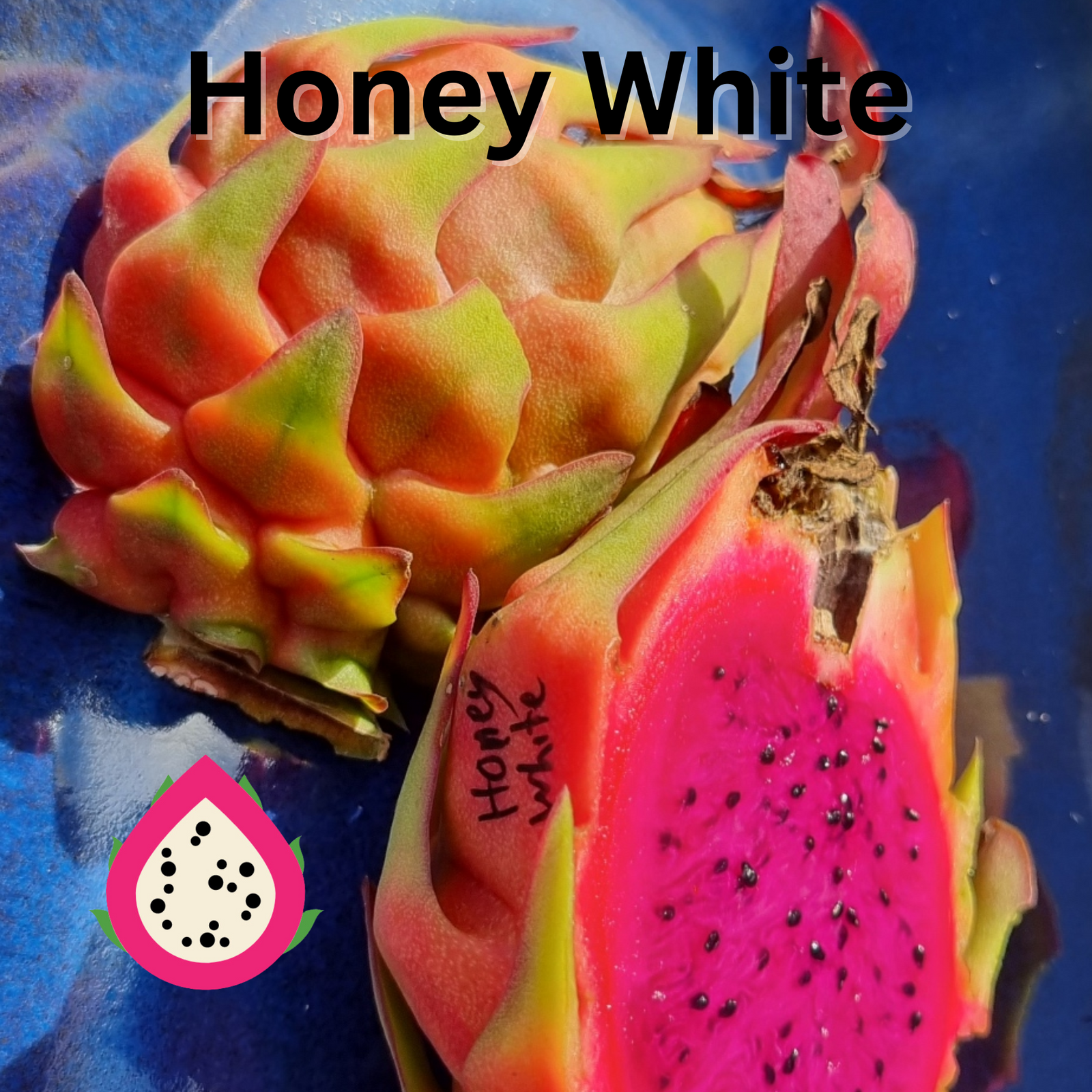The term "Mango Flower Beetle" is not specific, and there may be various beetles or insects that are commonly associated with mango crops but they do directly impact dragon fruit plants.

The Mango Flower Beetle, also known as the Mottled Flower Scarab, is an introduced beetle from Asia and it is classed as a 'pest' species.
We notice the beetles mostly on any new growth, buds and flowers.
My preferred method is squashing bugs, you need to be fast with these guys they have wings and can take off easy.
At our dragon fruit farm these beetles cause minimal impact. But we do use preventive measures of companion planting and poultry.

Flower and Fruit Damage:
- Prolonged feeding by beetles can cause stress to dragon fruit plants , weakening them over time. Weakened dragon fruit are more vulnerable to other pests, diseases, and environmental stressors, which can further impact crop yield and quality.

Controlling Mango Flower Beetles and Minimizing Damage:
- Monitoring: Regularly inspect dragon fruit for signs of beetle infestations, including damaged leaves, flowers, or fruits.
- Cultural Practices: Implement good agricultural practices, such as proper sanitation, pruning, and maintaining overall tree health, to reduce susceptibility to beetle infestations.

- Biological Control: Companion planting and the use of poultry can help control all insects that may damage your plants. Encourage natural enemies of beetles, such as predatory insects or parasitoids, to help control beetle populations.
- Chemical Control: In cases of severe infestations, insecticides may be used. However, it's important to choose environmentally friendly and targeted pesticides to minimize harm to beneficial insects and avoid the development of pesticide resistance.
- Integrated Pest Management (IPM): Adopt an integrated approach that combines various pest control methods to manage beetle populations effectively while minimizing environmental impact.

-
Mating: Mango flower beetles typically engage in mating behaviors. This involves the recognition and attraction of mates through chemical signals or other communication methods. Once a mate is found, copulation occurs, during which the male transfers sperm to the female.
-
Egg-Laying: After mating, the female mango flower beetle seeks suitable locations to lay her eggs. The choice of egg-laying sites can vary depending on the species, but it is often associated with plant tissues or soil near the host plants.
-
Egg Development: The eggs hatch into larvae, which are the immature stage of the beetle. The larvae usually feed on organic matter, such as plant material or decaying matter in the soil.
-
Larval Development: The larvae go through several molts as they grow, feeding and developing within their environment. The specific duration of the larval stage can vary among beetle species.
-
Pupation: Once the larval development is complete, the larvae typically enter a pupal stage. During pupation, significant morphological changes occur as the larvae transform into adult beetles. The pupa is often encased in a protective structure.
-
Adult Emergence: The fully developed adult beetles emerge from the pupal stage. They are now capable of mating and continuing the reproductive cycle.
The timing of these reproductive stages can be influenced by various factors, including temperature, humidity, and the availability of suitable host plants. Additionally, different species of mango flower beetles may have specific preferences for host plants and environmental conditions.







